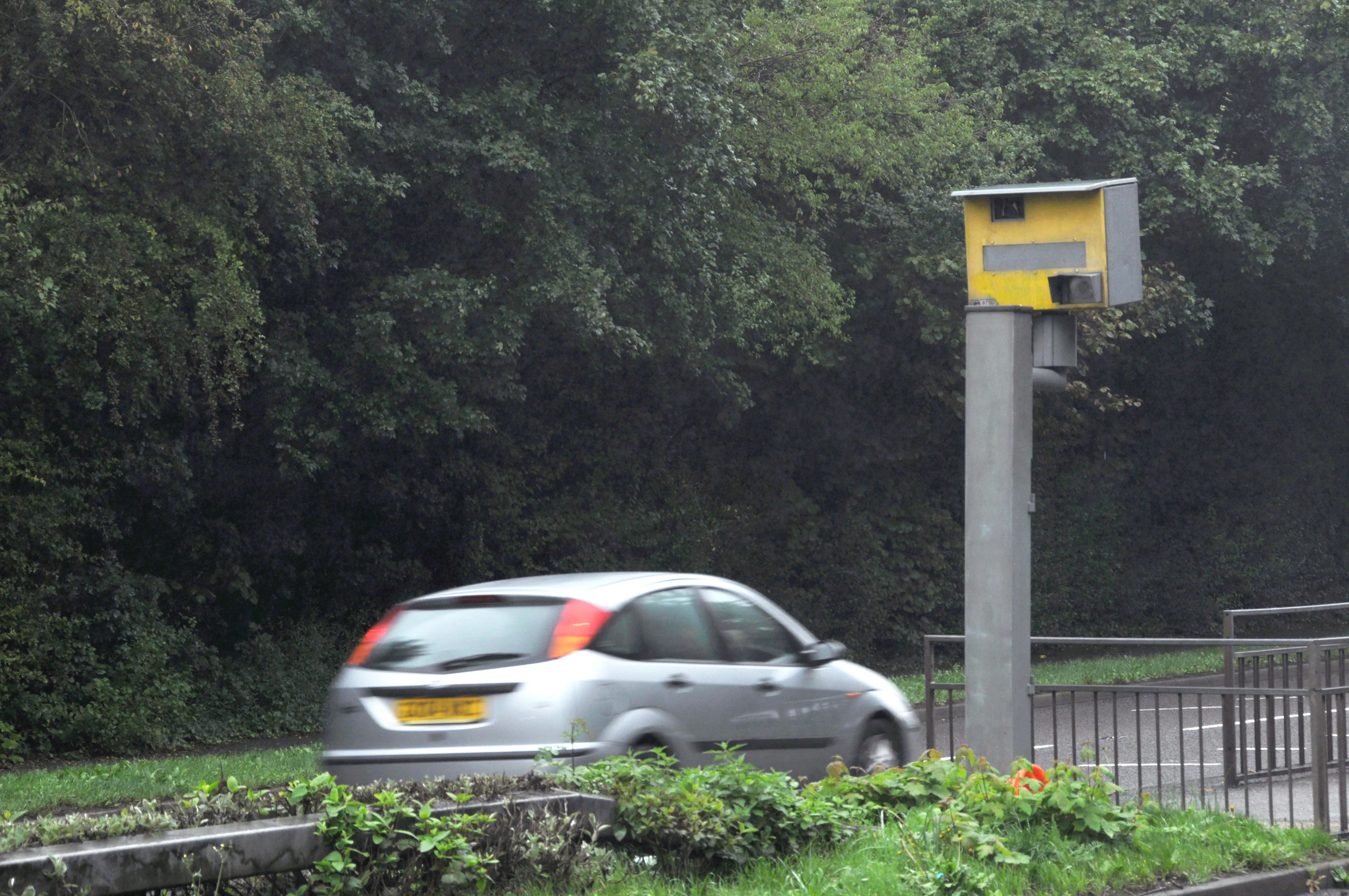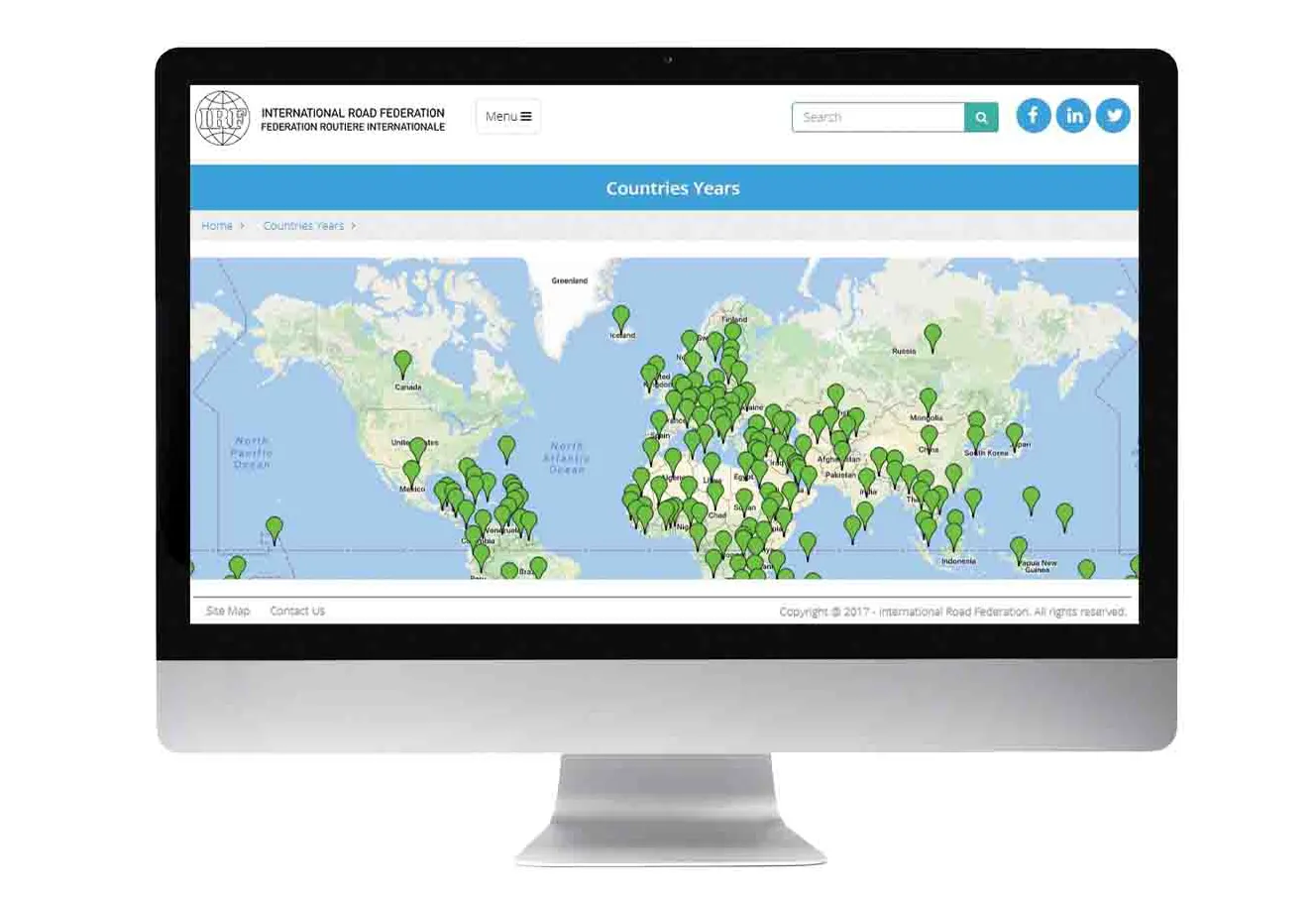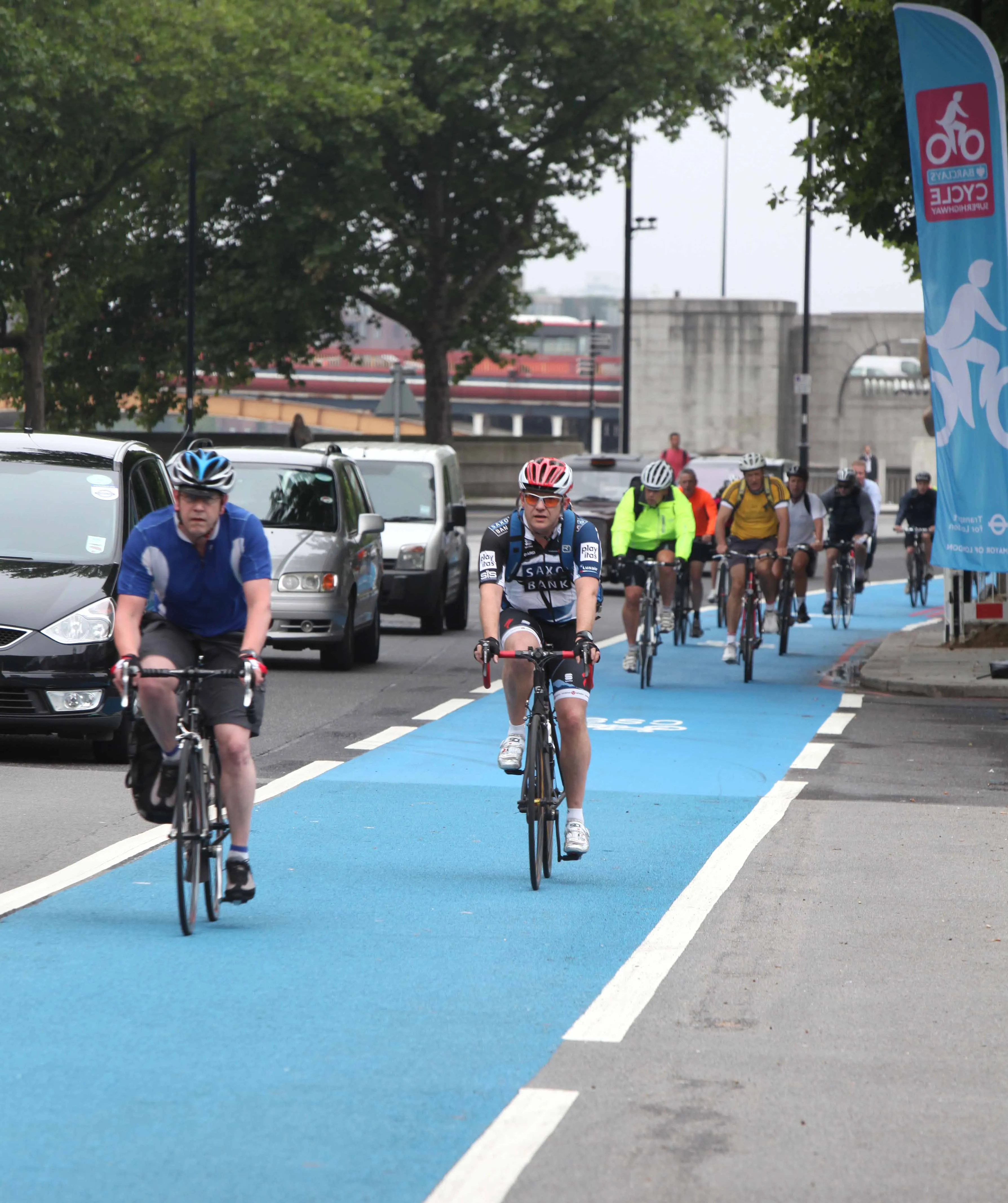
A new study shows that the risk level of a driver’s likelihood of a crash can be determined accurately. An independent study carried out by driver behaviour specialist CAS for Risk Technology shows that data collected by automotive telematics devices can accurately predict the likelihood of a motorist having a crash. CAS carried out its research with 1,291 drivers who were insured by a leading UK firm and had telematics devices installed in their vehicles. The study examined how driver behaviour affects the chance of a driver being involved in an incident and the potential to make an insurance claim.
CAS concluded that the Risk Technology driver scoring methodology provides a good prediction of a driver’s potential to be involved in crashes. It takes several key factors into consideration and analyses this information more accurately than other technology.
The study investigated the accuracy of five key indicators used by Risk to predict driver behaviour, including: speed of driving, braking force, acceleration speed, whether or not the drive is taking place on an urban road, and or whether it is day or night time.
This information was collected from each driver’s telematics device and compared against the cause of any crashes or damages recorded by the insurer. The main reasons recorded for accidents included a lack of hazard perception, poor basic steering skills, loss of control of the vehicle, and not maintaining a safe distance from other vehicles.
Different crash types are best predicted by different combinations of factors. For example, driver’s braking score was shown to be a very good predictor of loss of control, and is currently the most useful indicator to insurers for predicting this type of crash.
The current scoring methodology already predicts a high proportion of drivers who will be involved in crashes. CAS expects this prediction rate (the ability to identify individuals likely to be involved in crashes) to increase significantly when Risk introduces planned improvements to measure tailgating and poor lane discipline and even more sophisticated driver profiling.
Mark Packman, CEO at Risk Technology said, “This research proves that Risk Technology’s methodology and algorithms work to produce high accuracy predictions for insurance claims and thus help to improve the safety on our roads by reducing crash risk.
“We’re proud that independent research has shown what our insurance partners know already – that our driving performance scores correlate significantly with both the likelihood of being in a crash and the length of time that an individual goes without making a claim on his or her insurance.”
Each of the drivers used in the research had been driving with a telematics device installed in their car for between one month and three years. Of these policy holders, 104 people already had claims made against them for crashes for which they were at fault.
To download a copy of the report:
%$Linker:







